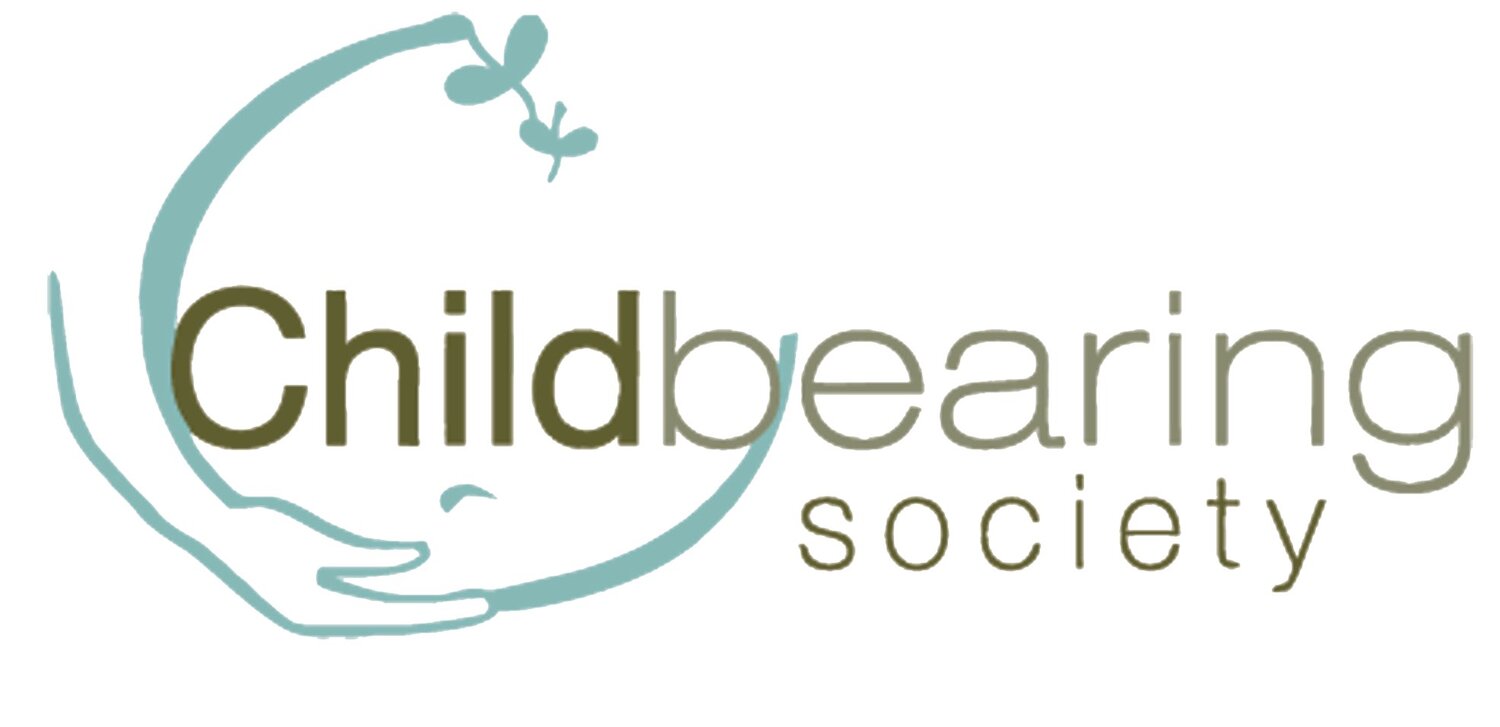Babywearing for Healthy Spines and Happy Babies
There are many benefits of wearing our infants while we perform our daily activities especially the positive impact it has on the baby’s physical, emotional, social and neurological development. Car seats and their frequent misuse as carriers are known to cause postural strain to both the mother and the baby. Strollers have restricted postural options for the baby’s developing cranium and spine which affects all aspects of their health and well-being. This article outlines the importance of wearing your baby as well as specific carrier considerations.
A proper carrier is integral for the mother’s recovering spine from nine months of pregnancy and the birth of her infant. The perinatal hormones relaxin and oxytocin cause ligaments to be less supportive and can increase your chance of injury. Along with choosing the right carrier, you will benefit from postnatal ergonomic awareness such as using a nursing pillow, using your legs to bend and lift as well as avoiding the “car seat carrier”. A fitness program should incorporate strengthening the core muscles in your tummy and the paraspinals in your back as well stretching the pectorals/chest muscles on a regular basis. Just by sitting on an exercise ball, the abdominals will get stronger after being stretched to their max.
The right carrier will distribute your baby’s weight more evenly to avoid repetitive strain injuries such as neck tension and headaches, back strain and wrist tendonitis. Wearing your baby is a form of weight-bearing exercise itself as well as the increase in walking you will do just by wearing a carrier. With your baby close, your milk production will become more efficient and you will have an increase in “happy” hormones which will decrease the chance of postpartum depression. You can be hands-free and easily multitask through your daily activities with your baby along for the ride. And don’t forget the environmental benefits (who needs a car? and one less stroller to manufacture!) for a greener earth for our future generations.
Because babies should sleep on their back, it is important to have them upright or on their tummy during the day to develop their cervical spine and avoid cranial flattening. Not many infants enjoy lying on their tummies so a carrier is an optimal way to strengthen their neck and back. Other benefits include a decrease in separation anxiety, more efficient daytime naps, a better latch for nursing and it can minimize colic.
Here are a few considerations when choosing a carrier:
does the carrier offer various positions: front, side, back?
are there numerous positions for the baby: chest facing, vertical, horizontal, legs folded or straight?
how long will the carrier accommodate the child’s growth and postural development?
is it difficult to transfer the baby in and out of the carrier?
can your baby breastfeed in the carrier?
are you hands-free?
is the weight of the baby evenly distributed or does the carrier cause repetitive stress and postural compensations to one area of your spine?
does the carrier optimally support your baby’s developing spine?
You may find that one carrier does not do it all. My favourites are a sling for shorter excursions and activities and a carrier with balanced weight distribution (where the baby can be carried on your front or back) for longer outings. Baby wearing will optimize your health and wellness and support the growth and development of your baby so do it as long as you can!
▣ Dr. Stephanie Bonn | reprinted from April 2014
Dr. Stephanie Bonn is dedicated towards helping families have healthy pregnancies and births. As a mother of three following doula and midwifery-assisted homebirths, she supports attachment-parenting and helps families through the challenges of breastfeeding, co-sleeping and baby-wearing. She has an integrative approach, incorporating exercise and nutritional recommendations for optimal health.
For more information on wearing your baby or on perinatal and pediatric chiropractic wellness, contact Dr. Stephanie at 604.688.KIDS(5437) or email info@cocochiro.com.
